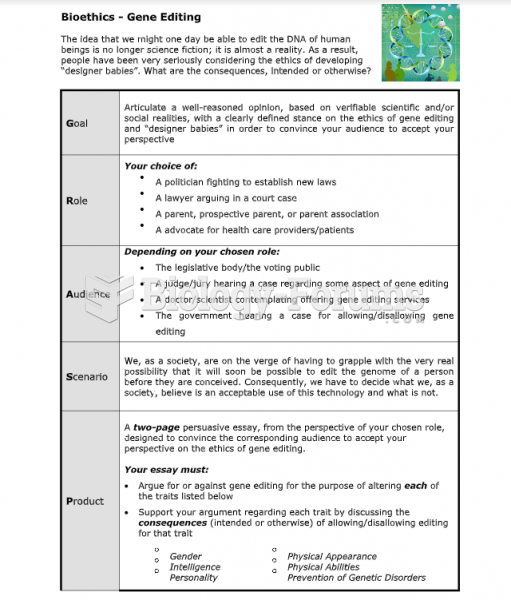Answer to Question 1
The emphasis on reason in Enlightenment thought was challenged by thinkers and philosophers, who saw the poor social conditions of urban life. Jean-Jacques Rousseau was one of the Enlightenment's most outspoken critics, who elevated the role of instinct over reason and encouraged a new appreciation of nature and the naturalprinciples that underlay the Romantic movement of the early nineteenth century. He took issue with some of the basic precepts of Enlightenment thought, including the idea that the progress of the arts and sciences might improve human conduct.
Immanuel Kant, although more sympathetic to Enlightenment values, was also a critic of its view of reason as the ultimate means of understanding reality. He regarded rules, formulae, and traditional beliefs as shackles that inhibit us from thinking for ourselves. Sapare Aude (Dare to know), he proclaimedthat is, have the courage to think for yourself. His monumental Critique of Pure Reason, attacked previous philosophic theories that held reason as the sole means of discovering the nature of reality. In it, he argued that the manner in which one perceives the world depends on specific qualities in the perceiver's mind. The mind, according to Kant, is not a passive recipient of information, but participates in the process of knowing the world.
Answer to Question 2
Begun by the Portuguese in the fifteenth century, the transatlantic slave trade, by which millions of Africans were bought and shipped against their will to colonies in the New World, reached its peak in the eighteenth century. The origin of the slave trade was economics; it was big business. One eighteenth-century merchant described it as the hinge on which all trade of this globe moves. In order to supply this market, Africansincluding childrenwere frequently kidnapped by their unscrupulous countrymen, who profited handsomely by selling their captives to white slave-traders.







